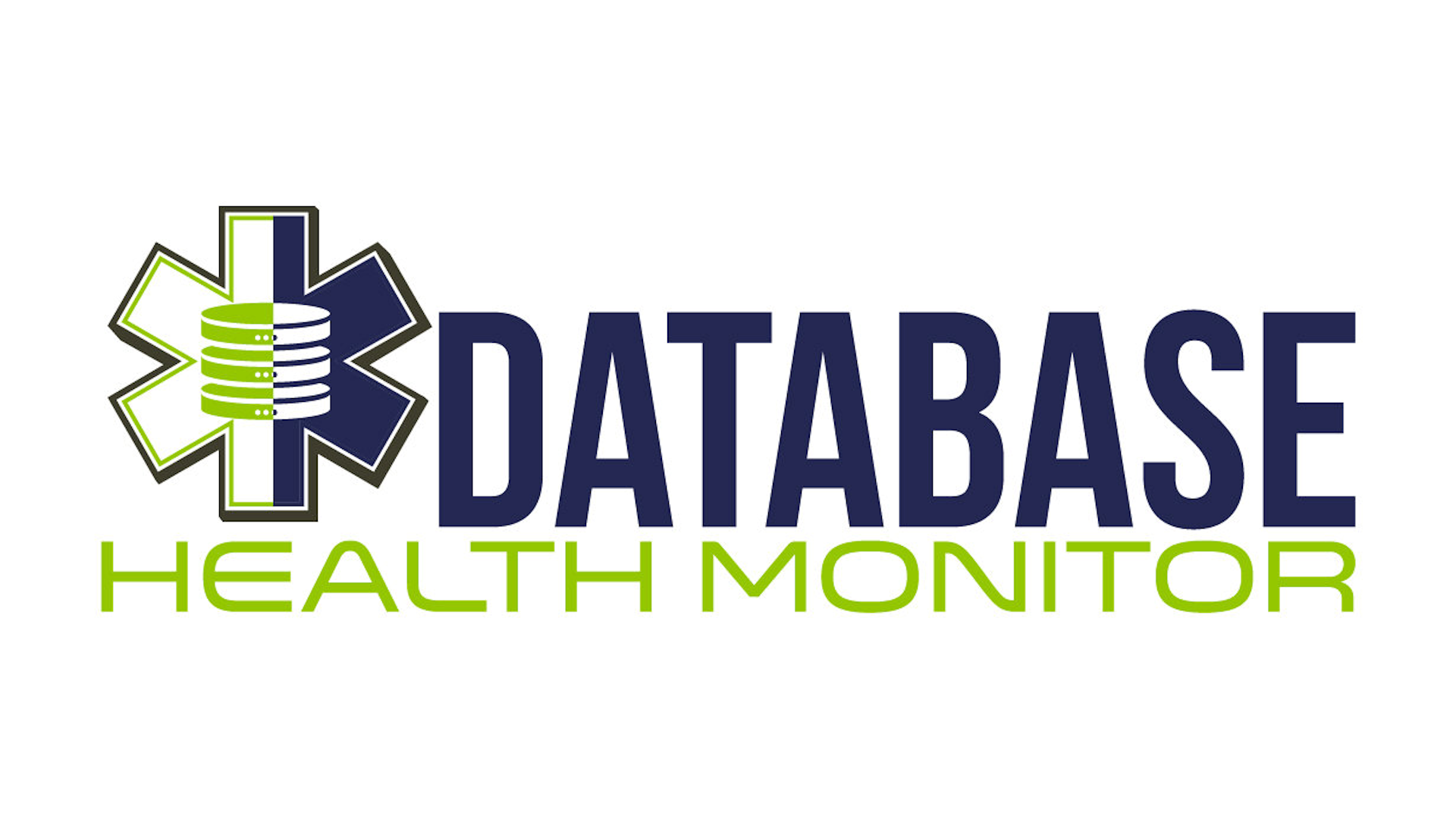Understanding the Importance of TDE Certificate Backups in SQL Server
This is just one of the many checks that our Daily Checkup and Quickscan Report from Stedman Solutions will report on.
In SQL Server, Transparent Data Encryption (TDE) is a valuable feature that provides encryption at the file level. It’s an essential tool for ensuring that your data is secure and inaccessible to unauthorized users, especially if the physical media is compromised. However, the power of TDE comes with a critical responsibility: the management and backup of the TDE certificates. These certificates are vital for several reasons:
1. Access to Encrypted Data
The TDE certificate is what encrypts the database encryption key that, in turn, encrypts your data. Without access to this certificate, you cannot decrypt the data. This means if you ever need to restore your database to another server or instance, you’ll need the same certificate and private key to read the data.
2. Recovery from Failures
In the event of a server failure or other disasters, having a backup of your TDE certificate is crucial for recovery. Without it, even with a perfect backup of your database, you won’t be able to access your encrypted data on another server.
3. Migration & Upgrades
If you’re moving to a new server or upgrading your SQL Server instance, you’ll need the TDE certificate to restore encrypted backups successfully. Without it, the process comes to a halt, and your data remains inaccessible.
4. Compliance and Auditing
Many industries have strict regulations about data security and encryption. Having a well-documented and implemented backup strategy for your TDE certificates can be a part of compliance requirements.
Best Practices for TDE Certificate Backup:
- Backup Immediately After Creation: As soon as you create a TDE certificate, back it up to a secure location. This backup should include both the certificate and the private key, often protected by a password.
- Regularly Update Backups: Any time the certificate is renewed or changed, a new backup should be made. Be sure that you have a recent enough certificate backup to work with your regular backups.
- Store in a Secure Location: The backups of your certificates should be stored in a location as secure as the data they protect. This might be a physically secure server, a dedicated hardware security module (HSM), or a secure cloud service.
- Document and Test Recovery Procedures: Ensure that your team knows how to restore the TDE certificates and that you periodically test these procedures to confirm they work as expected.
Backing up your TDE certificates is not just a good practice; it’s a critical component of your data recovery strategy. Without them, you risk losing access to all of your encrypted data, which could be catastrophic for your business. At Stedman Solutions, LLC, we understand the importance of robust SQL Server management and can offer expert guidance and services to help you implement and maintain secure, efficient systems. Feel free to explore more about how we can assist at Stedman Solutions. Also, for monitoring and diagnostics of your SQL Server, consider using the Database Health Monitor to keep your server’s performance and security at its best.
This is just one of the many checks that our Daily Checkup and Quickscan Report from Stedman Solutions will report on.
Need help with this, Stedman Solutions can help. Find out how with a free no risk 30 minute consultation with Steve Stedman.
More from Stedman Solutions:

Steve and the team at Stedman Solutions are here for all your SQL Server needs.
Contact us today for your free 30 minute consultation..
We are ready to help!

